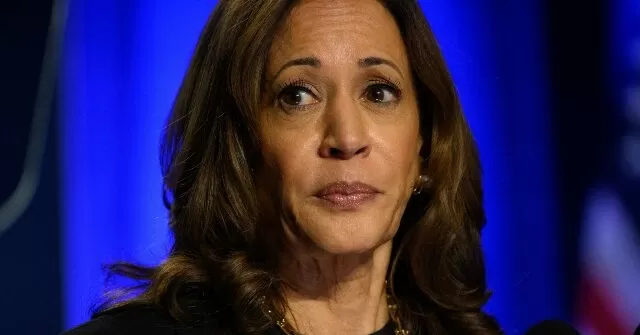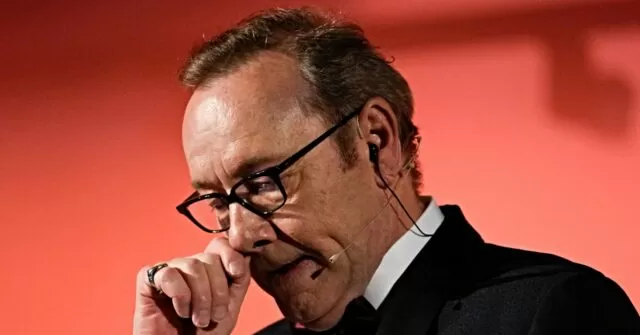A federal judge has recently made a decision that has sparked a heated debate about the role of technology in our political landscape. Judge John Mendez has issued a preliminary injunction blocking the enforcement of a newly passed California law that aimed to curb the spread of AI-generated deepfakes depicting political candidates. This decision has been met with both praise and criticism, with some hailing it as a victory for free speech and others expressing concern about the potential consequences of unregulated deepfake videos.
First, let’s define what a deepfake is. It is a type of artificial intelligence technology that uses algorithms to manipulate or replace existing images or videos with new ones. This can be used to create highly realistic videos of people saying or doing things that they never actually did. In the context of politics, this could be used to spread false information or damage the reputation of a candidate.
The California law in question, known as AB-730, was passed in October 2019 and would have made it illegal to distribute any deepfake videos of political candidates within 60 days of an election. The law was seen as a proactive measure to prevent the spread of misinformation and protect the integrity of our democratic process. However, Judge Mendez’s decision to block its enforcement has raised important questions about the balance between protecting free speech and regulating potentially harmful content.
In his ruling, Judge Mendez stated that while he understands the fear of a digitally manipulated media landscape, this fear does not give legislators the right to infringe on the First Amendment. He emphasized the importance of protecting the longstanding tradition of critique, parody, and satire, which are all forms of expression that are protected by the Constitution. This decision has been praised by many as a victory for free speech and a reminder that our rights must be safeguarded, even in the face of emerging technologies.
One of the main concerns raised by opponents of the California law is that it could have a chilling effect on political satire and commentary. Satire has long been a powerful tool for political commentary, allowing artists and comedians to use humor to criticize and challenge those in power. With the rise of deepfake technology, there is a legitimate concern that this form of expression could be stifled if laws like AB-730 are allowed to stand.
Furthermore, there is also the issue of enforcement. How would the state of California determine what constitutes a deepfake and what doesn’t? Would every video that uses technology to alter the appearance or voice of a political candidate be considered illegal? This raises concerns about potential censorship and the infringement of free speech rights.
On the other hand, proponents of the California law argue that deepfakes have the potential to cause significant harm, especially in the context of political campaigns. They argue that these videos could be used to spread false information and manipulate public opinion, which could have serious consequences for our democracy. They also point to the fact that the law only applies to deepfakes that are distributed within 60 days of an election, allowing for a reasonable timeframe for political commentary and satire.
It is clear that the issue of deepfakes and their impact on our political landscape is a complex one. On one hand, we must protect our fundamental right to free speech and expression. On the other hand, we must also ensure that our elections are fair and free from manipulation. Finding the right balance between these two is crucial, and it is a responsibility that falls not only on legislators but also on technology companies and individuals.
In the wake of Judge Mendez’s decision, it is essential that we continue to have open and honest discussions about the role of technology in our society and the potential consequences of unregulated deepfakes. We must also hold technology companies accountable for their role in preventing the spread of false information and ensuring the integrity of our democratic process.
In conclusion, the decision to block the enforcement of the California law banning deepfake videos of political candidates has sparked an important conversation about the intersection of technology and free speech. While we must remain vigilant in protecting our rights, we must also recognize the potential harm that deepfakes can cause and work towards finding a solution that balances both concerns. Ultimately, it is up to all of us to use technology responsibly and to ensure that our democracy remains strong and resilient.










